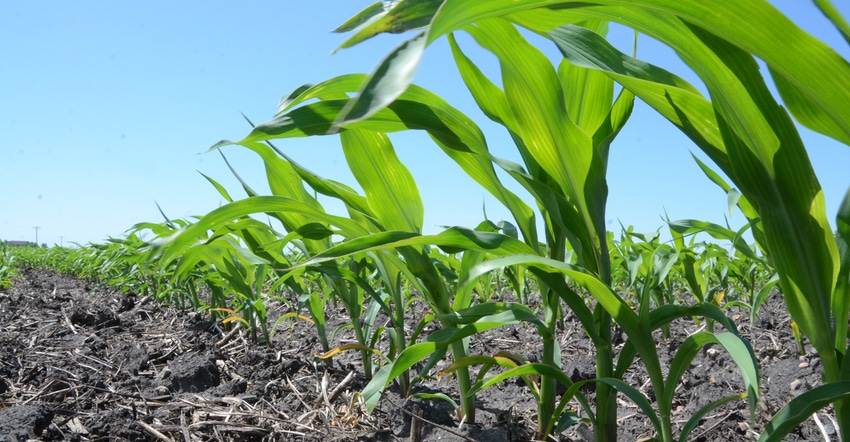September 9, 2020

In the world of crop protection, the hunt is always on for new molecules that can be put to work to protect the crops you raise. Recently, FMC announced a new partnership designed to amp up that effort in the next decade. The Philadelphia-based crop protection company is partnering with Zymergen, a startup that since 2013 has taken a novel approach to discovering new molecules that could be used for crop protection.
“FMC is now a full discovery organization, which includes a focus on creating new molecules based on chemistry," says Kathy Shelton, vice president and chief technology officer for FMC. “One of the challenges is trying to think of new molecules, or new ways a pesticide can be effective.”
She explains that traditionally there are three approaches.
“First, we can rely on the intellect of our chemists, and we have chemists that can look at a molecule and say, ‘That would be a good fungicide,’ simply by looking its structure,” Shelton says. “They think about this all the time.” Shelton's team includes more than 800 scientists working on new tools for the future.
The second approach is to gain inspiration from other people’s talents, work that may be done at universities or other locations with new approaches to the challenge of finding new crop protection molecules.
“And the third is that we will buy molecules that we will test,” she says.
No matter the source of the molecules, Shelton explains that all will go through FMC’s screening program to test for efficacy and safety. She adds that the company screens more than 60,000 molecules from those three sources annually.
New source of molecules
One area getting more attention as a source of potential molecules is nature. There are some pretty potent proteins that exist in nature, and they may have potential to protect crops from insects, diseases or weeds.
“We believe that nature can be another source of products but also a source of inspiration, and that’s why we’re working with Zymergen,” Shelton says.
Zymergen has more than 1 million genes that make proteins in its library, and it has sequenced those genes so it knows which can make proteins, and the types of proteins they can make. Many of those genes were sourced from desert soil.
Shelton explains that Zymergen scientists know a lot about what’s in their library of genes, and they’ve developed an algorithm to search their genetic database to find the gene-protein combination that might be right for a specific situation.
It’s a new way to bring novel proteins into the research and development process, and Shelton adds that with that algorithm, they can provide proteins that have a high degree of specificity and safety. “Where better than to go to nature itself to find products, and find inspiration for molecules that make chemicals,” she says. She adds that this is not a search for “natural” products, but a way to develop new chemistry that could be inspired by these novel proteins.
Shelton explains that essentially, FMC and Zymergen will search that gene library, and from that search, have those genes express the protein that they do in nature. Those proteins are then put through FMC biological screens that have been honed for pests, markets and crops known to be relevant to growers around the world.
“It will be an iterative process, we will not strike it rich on the first set of molecules,” Shelton says, adding that this is where that Zymergen algorithm comes in. FMC can test those proteins — and if there is activity, this information is reported back to Zymergen scientists. The Zymergen scientists can use the information to refine their library search algorithm to perhaps find a better protein with the same activity — but at a higher strength, as an example.
“We can report how that protein acts on a cellular level, and give that information back to Zymergen, and the next protein would perform a little better,” Shelton says.
It will be a few years for this process to succeed, but Shelton is enthusiastic about the potential; and with that big library of molecules to test, that’s no surprise. Learn more about Zymergen at zymergen.com.
About the Author(s)
You May Also Like






